A year ago, the European Council decided that there is European perspective offered to Ukraine, Moldova and Georgia, Oliver Varhelyi recalled, speaking after the meeting of European affairs ministers of EU member states held in Stockholm on Thursday. He added that the EU heads of state and government in the European Council also decided to grant candidate status to Ukraine and Moldova, and to award candidate status to Georgia once necessary conditions are met.
Ukraine has successfully fulfilled two out of the seven priorities specified, the Hungarian EU commissioner said. Kyiv has successfully addressed the judiciary reform and adopted key media legislation fully in line with the EU audio-visual media services directive.
Progress on the implementation of the other priorities are on track, he said, adding that Ukraine has achieved good progress on the constitutional court reform. Now Ukraine needs to focus on making the draft law fully in line with the recommendations proposed by the Venice Commission, the Council of Europe's Strasbourg-based body composed of constitutional law experts, he said. He noted that Ukraine achieved some progress in the area of the remaining four priorities, namely anti-corruption, anti-money laundering, de-oligarchisation, and national minorities.
Regarding national minorities, Oliver Varhelyi highlighted that Ukraine needs to address the recommendations stated in the Venice Commission Opinion of 13 June on the law on national minorities (communities), in particular on the use of minority languages.
Postponing the implementation of article 7 of the education law until 1 September 2024 will allow Ukraine to reconsider the minority school system in light of previous Venice Commission recommendations to ensure equal opportunities for people belonging to national minorities, avoiding a disproportionate interference in their rights,
he said. The war hinders Ukraine in its reform efforts, the EU commissioner said and expressed hope that the end of the war would accelerate the accession process. "The war must end as soon as possible," he emphasized.
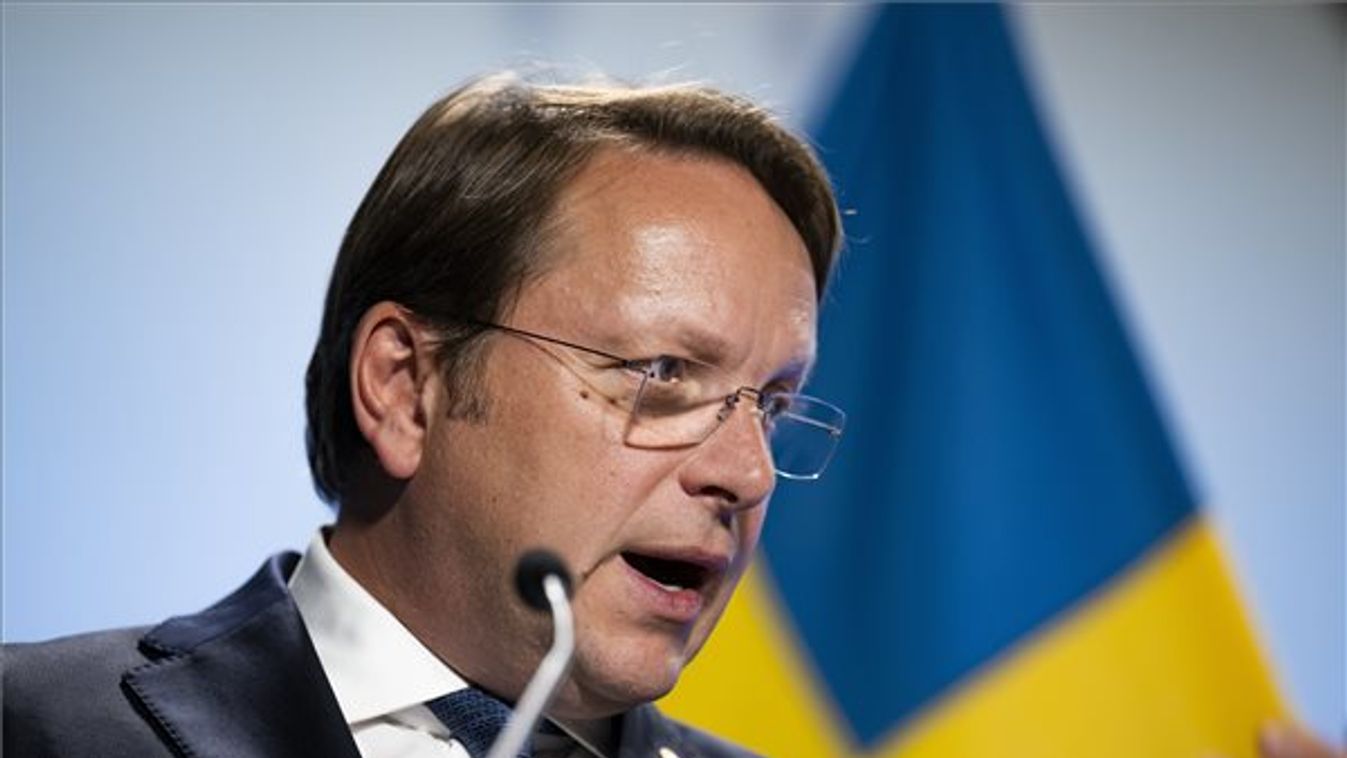
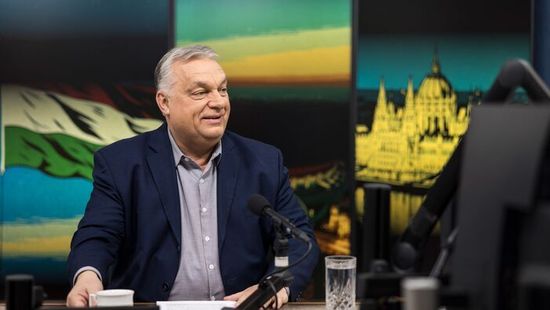

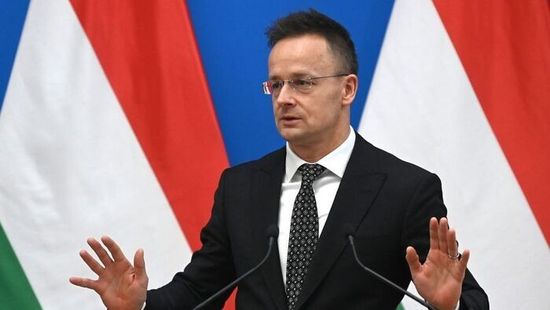


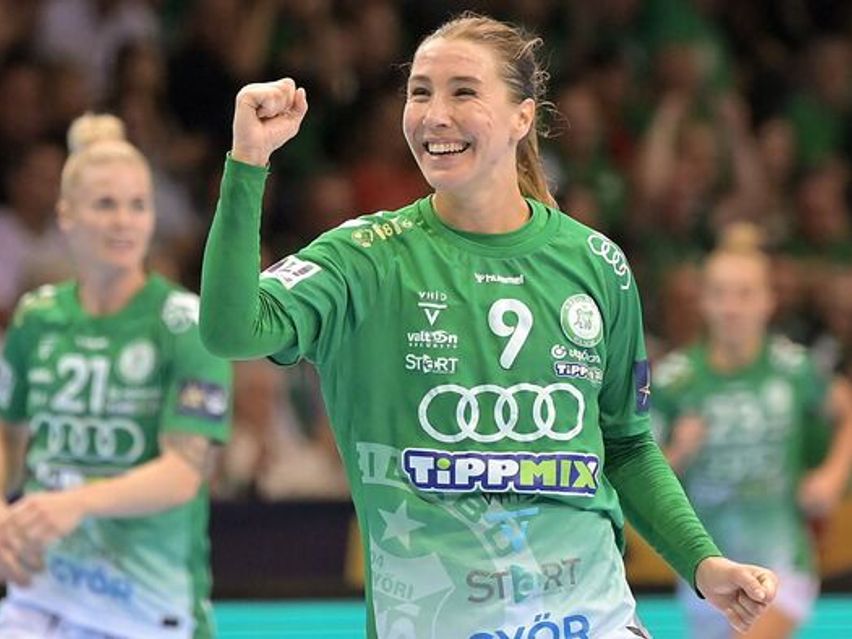
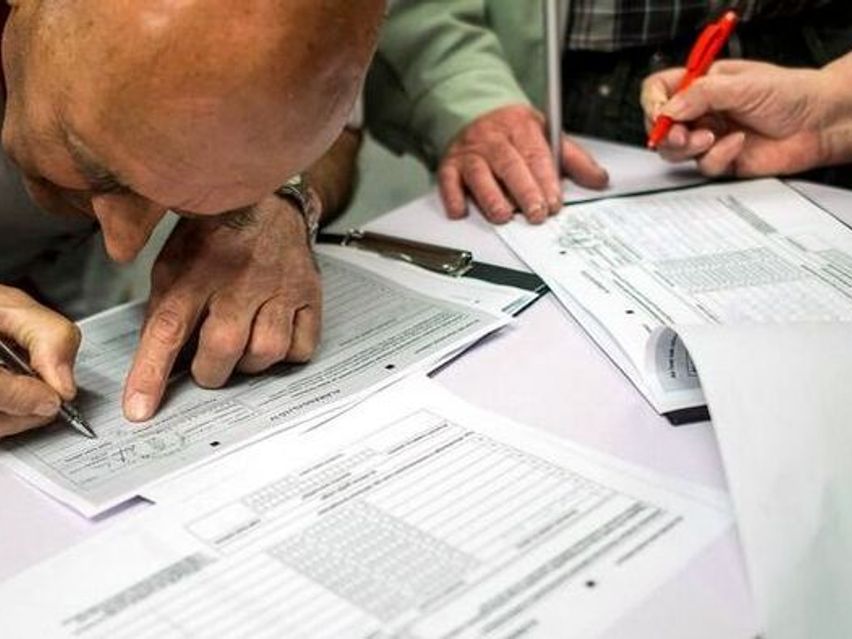
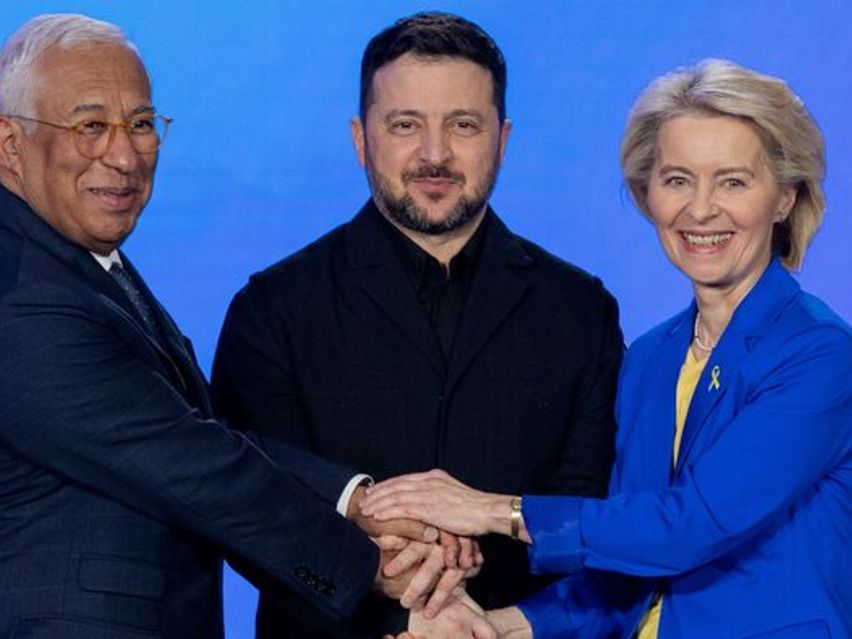



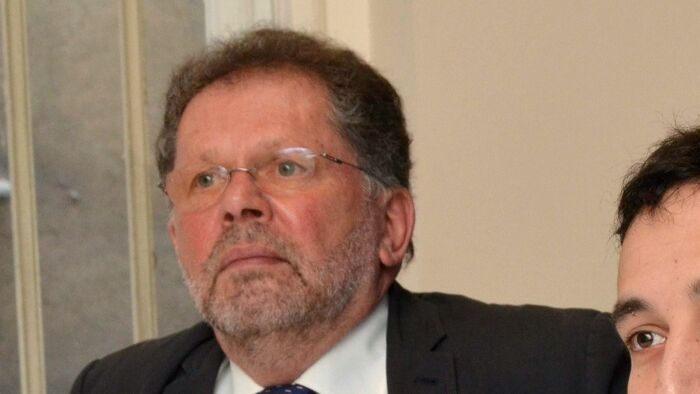

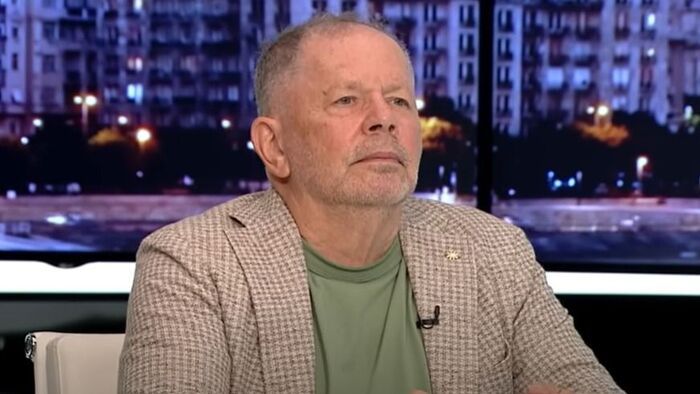

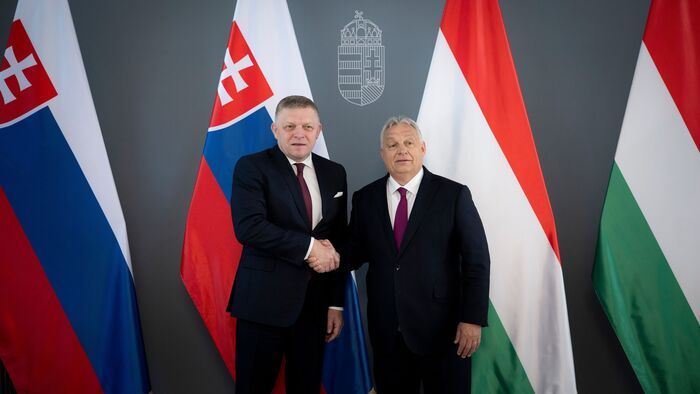
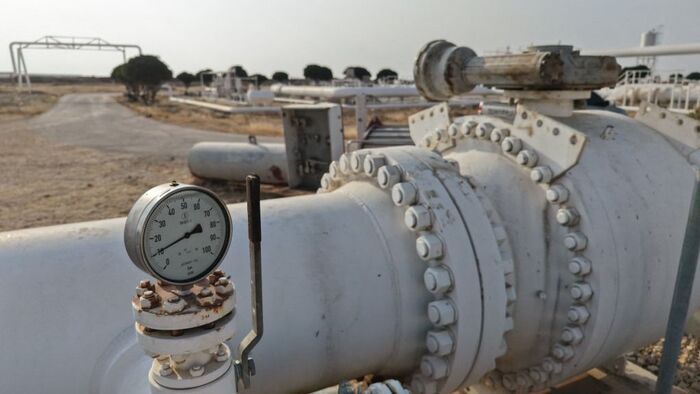





Szóljon hozzá!
Jelenleg csak a hozzászólások egy kis részét látja. Hozzászóláshoz és a további kommentek megtekintéséhez lépjen be, vagy regisztráljon!